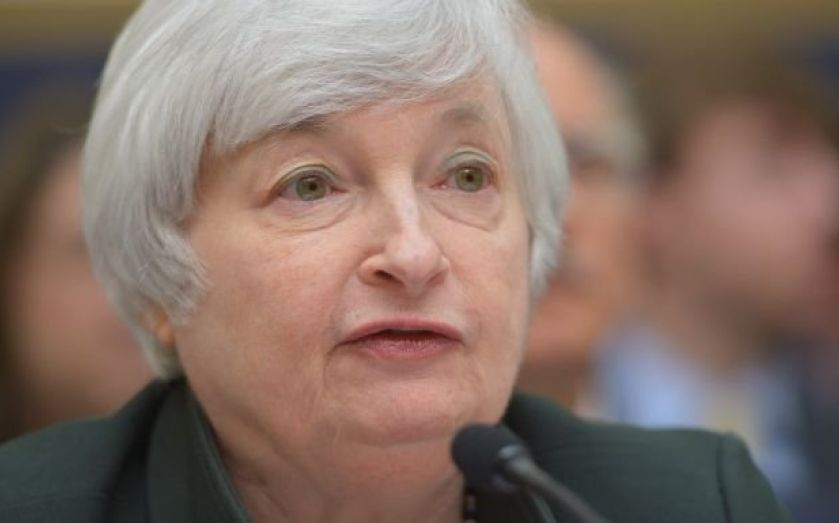| Updated:
Fed intends to keep interest rates low long after tapering ends

Today's dovish monetary policy statement from the Federal Reserve confirmed expectations that it would look to delay the hiking of interest rates for a long time after tapering ends.
It affirmed its commitment to stimulating the economy, saying that it wants to hold short-term interest rates near zero until well into 2015.
Also meeting Wall Street expectations, the US Central Bank voted to cut its monthly bond-buying program by another $10bn, taking its bond purchases down to $25bn per month.
Unemployment falls but job weakness remains
The unemployment rate fell to 6.1 per cent in June, marking a continual decline since the beginning of 2013.
However, the Fed warned that labour market conditions were still a “significant” distance from being in good health, expressing concern about the millions of Americans still unable to find work.
“A range of labour market indicators suggests that there remains significant underutilization of labour resources,” it said in a statement that concluded the two-day meeting.
Fed chairwoman Janet Yellen said that the measured decline in unemployment rate gave an overoptimistic view of labour market improvement, since it does not take into account those individuals who are unemployed and not looking for work. “The recovery is not yet complete,” she said to congress earlier this month.
The news provides a stark contrast to the economic growth figure released by the US government earlier today: it revealed that there had been a growth of four per cent in the second quarter, marking a recovery from the winter slump.
But while acknowledging that growth had “rebounded”, the Fed's statement equated the chance of faster economic growth with the chance of a slow down in expansion.
Inflation concern
The Fed intends to stop buying bonds in October. But what has been uncertain is for how long after tapering ends interest rates should be kept at their current low level before there is a considerable rise in the risk of inflation.
Because of this risk, some officials want the Fed to withdraw more quickly from its stimulus campaign than it currently plans to, arguing that monetary policy has exhausted its power to improve the pattern of slower growth.
Yet only one person voted against the plan to keep the inflation rate low, and that was Charles I. Plosser: president of the Federal Reserve Bank of Philadelphia. Of the plan, he said: “Such language is time dependent and does not reflect the considerable economic progress that the economy has made.”